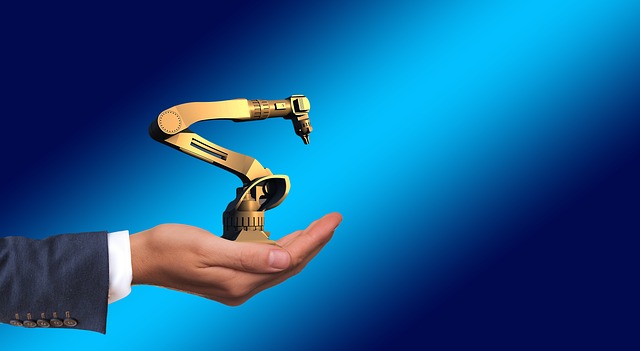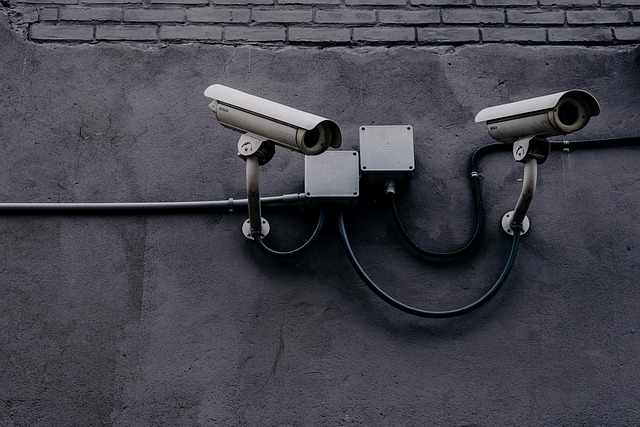In today’s rapidly evolving technological landscape, the Internet of Robotic Things (IoRT) stands at the forefront of innovation, transforming the business world and challenging traditional notions of control in the workplace. Imagine a future where businesses operate seamlessly through interconnected robotic systems and artificial intelligence, thereby enhancing efficiency and productivity at every level. The integration of robotics, AI, and automation paves the way for an intelligent ecosystem that revolutionizes how we interact with machines.
Robotics play a crucial role in the IoRT, allowing companies to automate mundane tasks and free up human resources for more strategic roles. These advanced machines are not merely programmed to follow instructions; they are designed to learn and adapt. From manufacturing lines where robotic arms assemble complex machinery to warehouses that utilize autonomous drones for inventory management, the application of robotics is limitless. Businesses that harness these technologies find themselves at a competitive advantage, operating with precision and speed that was once unimaginable.
Artificial Intelligence (AI), the brain behind the operation, complements robotics by providing systems with the capability to analyze data and make decisions in real time. AI algorithms can predict maintenance needs for machinery, assess market trends, and enhance customer experiences through personalized service. The synergy between robotics and AI results in an intricate web of intelligent machinery that can respond to changes autonomously, minimizing downtime and maximizing output. Such innovations not only reduce operational costs but also increase the potential for growth and expansion.
Moreover, automation in business is fundamentally changing the way companies operate. Tasks that once required human intervention are now being outsourced to robots and AI-driven systems, streamlining processes across various sectors. Customer service bots handle inquiries around the clock, while financial algorithms manage and analyze accounts instantaneously. This shift not only improves operational efficiency but also leads to enhanced customer satisfaction, as businesses can respond more effectively to client needs.
However, with this great power comes the need for responsible management and ethical considerations. As the IoRT continues to evolve, businesses must navigate challenges related to job displacement and the ethical use of AI. Striking a balance between leveraging technology and maintaining a human touch will be pivotal in ensuring that the future workplace is inclusive and fair.
The Internet of Robotic Things embodies a paradigm shift in control, enabling businesses to optimize operations while retaining the agility to adapt to change. As companies explore the integration of robotics, AI, and automation, they are not just reshaping their internal frameworks but also redefining their relationship with the world around them. The future of control in business hinges on embracing this technological revolution, ensuring that organizations leverage advancements to propel themselves into a new era of efficiency and creativity.




